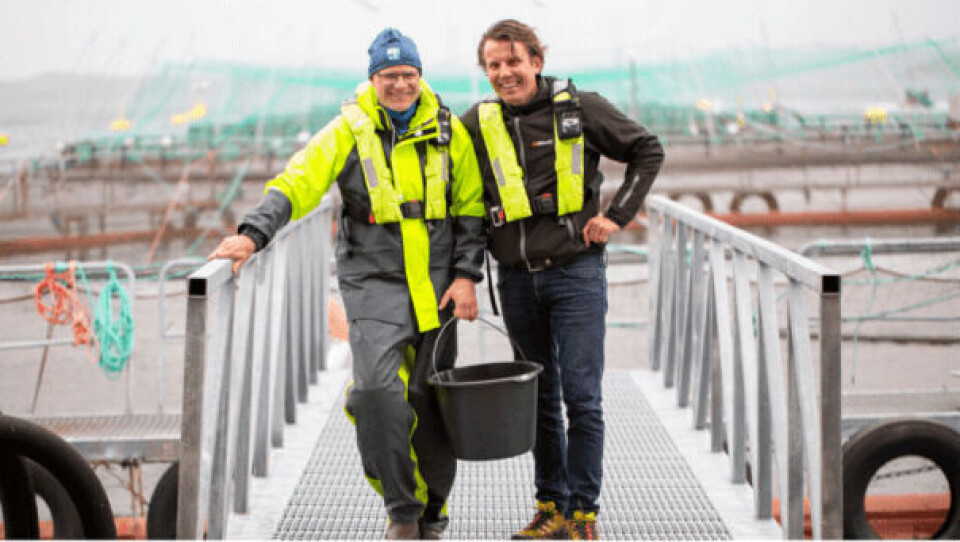
Feed maker ramps up bid to grow stronger salmon
Feed manufacturer Alltech has teamed up with three Norwegian fish farmers and research institute Nofima to develop more robust and sustainable salmon through nutritional product innovations.
In a series of large-scale experiments, industrial production, organic minerals and heterotrophic microalgae will be tested.
Salmon farmers Blom Fiskeoppdrett, SalmoNor and Salten FoU will operate six research licences granted for the three-year projects.
Positive performance results
Alltech will supply products for testing, as well as overseeing the management of the projects. Nofima will be responsible for trial design, analysis, interpretation of data and reporting.
“We want to investigate whether we can achieve positive performance results, similar to what we have seen in small-scale trials,” said Elin Kvamme, project manager at Alltech, in a press release. “It will be very exciting because that’s where fish really get challenged.”
Farms have been chosen to represent three different parts of Norway, all with different operational challenges. During the trial period, the effect of various levels of organic trace minerals and microalgae will be sampled and tested to monitor progress. From small-scale to commercial production, many factors like operational management and environmental conditions can cause stress for salmon. For example, if temperature fluctuations, oxygen and sea lice infestation occur concurrently, the salmon can become weak, leading to disease and, in some cases, increased mortality.
Better stress resistance
“In small-scale experiments with organic minerals, we see that the mineral deposit in the fish is higher and the fish can better withstand stress,” explained Kvamme.
“Growth is also better; we see a lower mortality rate and reduced gaping. When it comes to the use of microalgae in the feed, we have seen increased growth, better pigmentation and improved EPA + DHA levels.
“The future supply of fish oil is uncertain, and alternatives must be sourced. Heterotrophic microalgae have high levels of omega-3, and it is, therefore, appropriate to study the effects of replacing marine raw materials with this sustainable source.”






















































